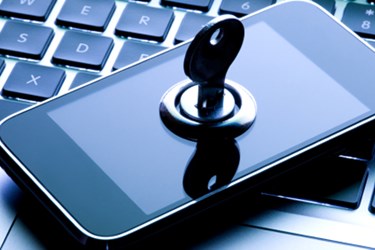Wi-Fi In Schools Requires Special Attention To Security

By Christine Kern, contributing writer

Access to Wi-Fi in schools can enhance student learning, but addressing the security risks is imperative. The importance of Internet and Wi-Fi security is already standard practice in many arenas — business, government, retail. And, as Alok Kapur, chief marketing and customer officer at PRIVATE WiFi, writes for eSchool News, over the next two years, the Federal Communications Commission (FCC) has pledged to spend $2 billion to boost wireless Internet connectivity in U.S. schools and libraries. FCC Chairman Tom Wheeler has called it a “watershed moment” to give wireless access to an estimated 10 million students, but the move has some privacy experts expressing skepticism and concern.
As the eSchool News article points out, there are inherent risks in adopting Wi-Fi in schools, including hacking of the network or infection by viruses. In fact, the chief attraction of Wi-Fi in schools — easy, open access —also provides the biggest threat. A system that allows easy, open access to users also provides a convenient gateway to hackers and other malicious users. In light of the burgeoning use of Internet and Wi-Fi systems in educational settings, is that school administrators and IT staff must be attentive to proper security protocols to protect the integrity of their systems and also to protect the data of their staff and students.
As the eSchool News article pointed out, the FCC initiative promoting education and increasing technological access in schools is wonderful, but only if it is accompanied by efforts to assist school administrators in understanding the security risks that such technology entails.
One issue that adds to the security dilemma is the rise in bring-your-own-device (BYOD) policies for students. The U.S. Department of Education’s 2010 National Education Technology Plan actually encouraged the inclusion of such policies.
VARs can help school districts take charge of their security issues by counseling them to follow the advice of Kapur:
- establish Wi-Fi networks with WPA2 technology that require password-protected access to the network
- keep student and teacher/administration networks separate
- provide proper education regarding dangers and best practices
encourage schools to help students and staff protect and encrypt their data on mobile devices through a personal virtual private network (VPN).
